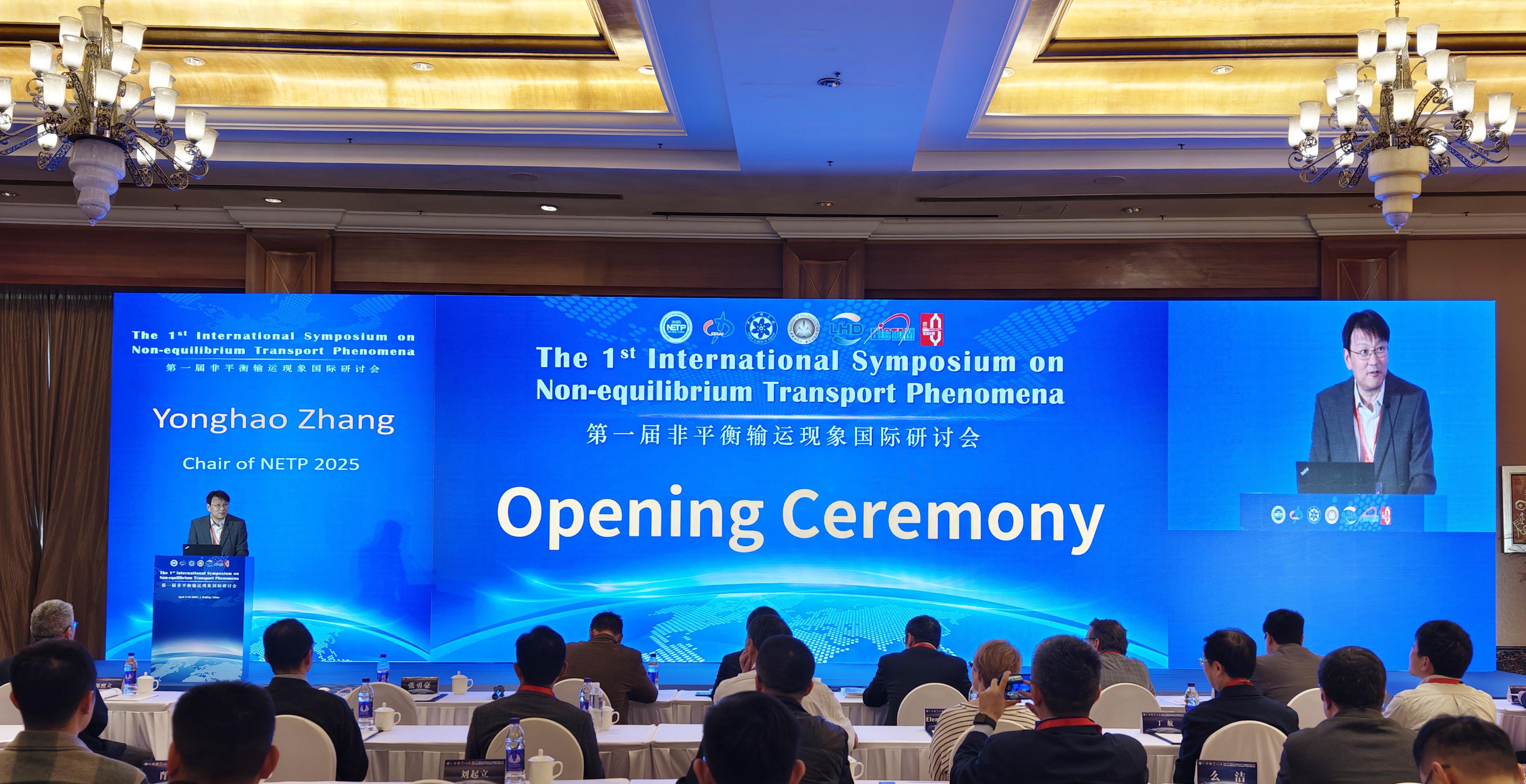Pooling Financial Resources to Bolster Innovation
By LI Linxu
In its latest move to spur sci-tech innovation, China is stepping up efforts to pool more financial resources into the innovation-oriented sectors.
The supply-side structural reform of the financial sector will be further deepened, so as to build a financial service system better suited to the financing needs of various types of technological enterprises, said Zhang Qingsong, deputy governor of the People's Bank of China (PBC).
An automobile is assembled at the production line of a new energy vehicle company, Weihai city, Shandong province. (PHOTO: XINHUA)
Efforts will be made to strengthen the support for key areas involving major national innovation programs, small and medium-sized enterprises (SMEs) in the sci-tech sector, and the transformation and commercialization of sci-tech achievements, added Zhang.
These enterprises saw a fast loan expansion in the first half of 2023, according to PBC.
During this period, the middle and long-term outstanding loans to enterprises in the high-tech manufacturing industry reached 2.5 trillion RMB, up 41.5 percent from a year earlier, registering a growth rate of more than 30 percent for three consecutive years.
In the same period, the outstanding loans to SMEs in sci-tech sector stood at 2.36 trillion RMB, up 25.1 percent year-on-year.
Meanwhile, China's capital market has continued to support the country's innovation drive through expanding direct financing channels for enterprises in sci-tech sectors and rolling out various bond products, such as technological innovation notes and technological innovation corporate bonds.
As at the end of June, more than 1,000 enterprises that use special or sophisticated techniques to produce unique and novel products had been listed on A-shares in China.
Under the support of relevant departments and financial institutes, a virtuous cycle is being formed among sci-tech, industries, and finance, said Wu Zhaohui, vice minister of science and technology, adding that the ministry will deepen the reform of sci-tech systems and improve relevant service systems.
Measures will also be taken to further facilitate the financing channels of technological enterprises through listing on the capital markets, or leveraging government investment funds designed for the commercialization of sci-tech advances, added Wu.
By the end of June, the country's sci-tech innovation board, known as the STAR market, had counted 542 listed companies with a total market cap of 6.72 trillion RMB.







